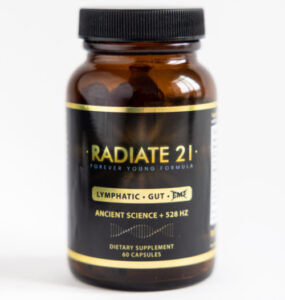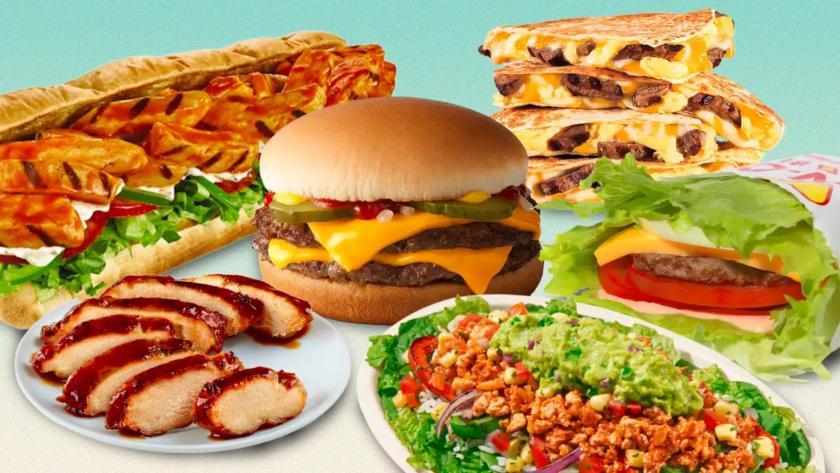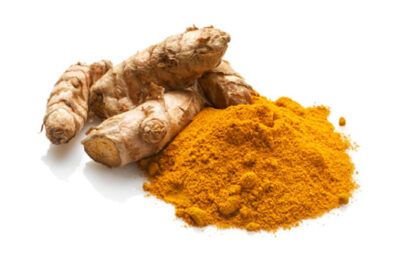Despite heightened awareness of the antibiotics resistance crisis and calls for more responsible practices, a handful of major fast-food chains have yet to take adequate steps towards addressing this pressing issue. This article delves into the disturbing reality of these five industry giants who continue to utilize antibiotics in their meat supply chains, jeopardizing public health, food safety, and the future effectiveness of life-saving medicines.
Join us as we uncover the evidence, explore the implications, and shed light on the urgent need for change within the fast-food industry. It is time for consumers to be informed, empowered, and vocal in demanding safer and more sustainable practices from the food establishments we frequent. Together, we can forge a path towards healthier, antibiotic-free food options and work towards a future where our meals not only satisfy our cravings but also protect our well-being.
Antibiotics have become a double-edged sword, essential for treating infections and saving lives, yet dangerously overused in livestock farming, leading to the rise of antibiotic-resistant bacteria. While some fast-food chains have heeded the warnings and adopted antibiotic-free policies, others remain nonchalant about the potential risks posed by their antibiotic-treated meat products.
Previously, many farmers in the United States used antibiotics to accelerate animal growth and boost profits. However, with growing awareness of the antibiotic resistance crisis, federal regulations now demand that meat, poultry, and dairy products must be free of antibiotic residues before reaching consumers.
Despite this regulation, the use of antibiotics for treating sick animals is still permitted, raising questions about the long-term safety of antibiotic-treated meat.
The consequences of overusing antibiotics extend far beyond the plate. The agricultural industry’s misuse of these critical drugs contributes to the spread of antibiotic-resistant germs, leading to over 2.8 million infections annually in the United States alone, with approximately 35,000 resulting in fatalities. This global health problem demands immediate attention and change in the food industry.
While indulging in fast food may not be the healthiest choice, consumers have the power to make more responsible decisions by supporting chains that prioritize antibiotic-free meat. Leading the way are establishments like Chipotle and Panera Bread, which have taken significant steps to ensure their poultry products are free from antibiotics.
The Consequences of Overusing Antibiotics
To fully comprehend the gravity of the situation, it’s essential to understand the implications of antibiotic overuse in the livestock industry. The excessive use of these drugs in animals not only contributes to antibiotic resistance in bacteria but also creates a potential health risk for consumers.
When animals are continually exposed to antibiotics, bacteria present in their systems can develop resistance, rendering these drugs ineffective when humans require them for critical medical treatment.
If antibiotics lose their potency, previously treatable infections could become life-threatening.
The overuse of antibiotics is a major driver of this crisis, and the fast-food industry’s continued reliance on antibiotic-treated meat exacerbates the problem.
The Ethical Aspect of Using Antibiotics On Livestock:
Beyond the health and safety implications, there is an ethical aspect to consider when it comes to antibiotic use in livestock farming. While treating sick animals with antibiotics can be seen as a necessary step for their welfare, the indiscriminate use of these drugs to promote growth and increase profits raises ethical concerns. It questions the priorities of the industry, suggesting that the well-being of animals may be compromised for economic gain.
The growing consumer demand for antibiotic-free meat has driven some fast-food chains to adopt more responsible practices. Chipotle and Panera Bread have become shining examples of industry leaders that prioritize their customers’ health and well-being by serving antibiotic-free poultry.
As consumers, we have the power to shape the future of the fast-food industry. By being informed about the antibiotic policies of the chains we patronize, we can make conscious choices that promote responsible practices and sustainable agriculture. It is crucial to remain vigilant and vocal, holding fast-food chains accountable for their actions and encouraging them to prioritize public health and ethical considerations over short-term gains.
In addition to advocating for antibiotic-free meat, we can also seek out alternative sources of food, such as local farmers’ markets, organic food stores, and restaurants that prioritize sustainable and ethical practices. By supporting businesses that align with our values, we can drive the food industry towards a more responsible and sustainable future.
5 Fast-Food Chains Still Using Antibiotics
Burger King:
With limited rules regarding antibiotic usage for their chicken products and virtually no policies for beef and pork, this fast-food giant has received a failing grade in a 2021 industry survey.
Taco Bell:
While their chicken has some restrictions on antibiotic use, their beef and pork products still undergo antibiotic treatment. The 25% reduction in antibiotic usage for beef planned by 2025 falls short of meaningful progress.
Five Guys:
This popular burger chain lacks any antibiotic policies for their red meat products, showing little indication of change in the foreseeable future.
Domino’s:
While taking steps to limit antibiotic use in their poultry supply, Domino’s has yet to implement policies for their beef and pork products, although they express intent to switch to antibiotic-free meat at an unspecified future date.
Dairy Queen:
Like the others, Dairy Queen limits antibiotic usage for poultry but lacks any policies for red meat products.
In Conclusion
The dangerous use of antibiotics in meat production is an issue that demands immediate attention and collective action. While some fast-food chains have taken positive steps towards antibiotic-free policies, there is still much work to be done. The global health implications of antibiotic resistance cannot be ignored, and the fast-food industry has a vital role to play in curbing this crisis.
Naturally Controlling Harmful Bacteria In Your Body Can Be Simple, Check Out Radiate 21

The road to a safer and more sustainable food future lies in our hands, making informed choices that can drive real change and protect both public health and the efficacy of vital antibiotics.
As consumers, we must be aware of the choices we make and the impact they have on our health, the welfare of animals, and the effectiveness of life-saving medicines. By supporting chains that prioritize antibiotic-free meat and advocating for the responsible and ethical treatment of animals., we can drive change in the fast-food industry and contribute to a healthier, more sustainable future for all.
Together, let’s stand united in demanding a food industry that puts public health and ethical considerations first, leaving behind the dangerous practices of antibiotic-treated meat and embracing a safer, antibiotic-free future.





